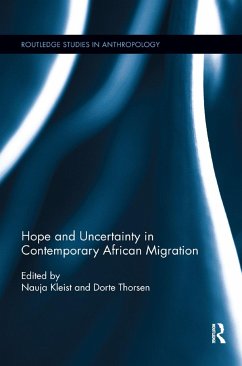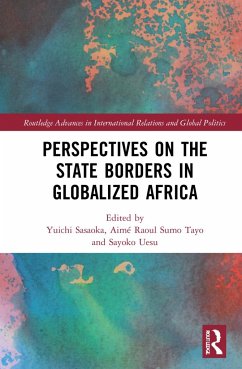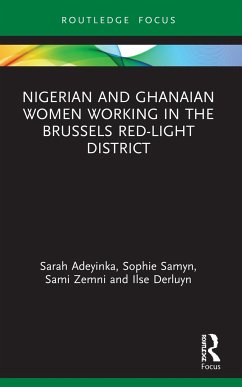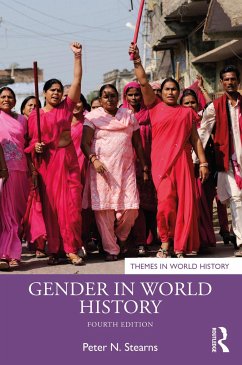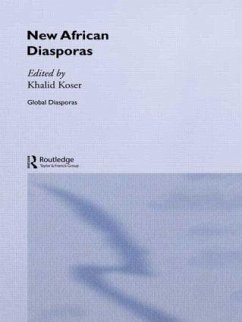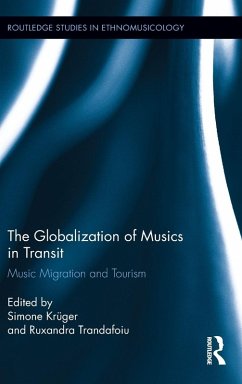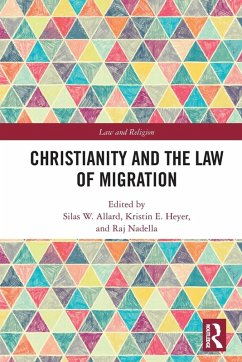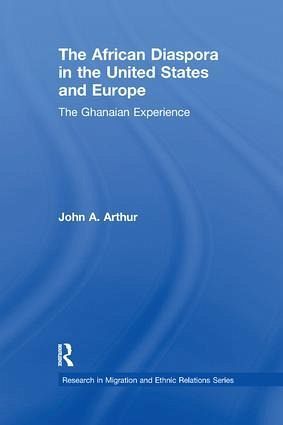
The African Diaspora in the United States and Europe
The Ghanaian Experience
Versandkostenfrei!
Versandfertig in 6-10 Tagen
60,99 €
inkl. MwSt.
Weitere Ausgaben:

PAYBACK Punkte
30 °P sammeln!
This book systematically documents the experiences of Ghanaian communities in North America as a case study of the new African migration. The rapid increase in the number of Ghanaians lawfully admitted as permanent residents since 1980 offers an opportunity to investigate their immigrant journeys, their membership in the larger society and the expression of their individual and collective social identities. Using original empirical data from the US and Canada as well as comparative material from the UK and the Netherlands, the author also investigates the relationship between these new African...
This book systematically documents the experiences of Ghanaian communities in North America as a case study of the new African migration. The rapid increase in the number of Ghanaians lawfully admitted as permanent residents since 1980 offers an opportunity to investigate their immigrant journeys, their membership in the larger society and the expression of their individual and collective social identities. Using original empirical data from the US and Canada as well as comparative material from the UK and the Netherlands, the author also investigates the relationship between these new African migrants and the native-born black diaspora in the US. This study balances theoretical insight with policy implications, using the case-study as a lens not just on African migration but also on significant conceptual themes in migration studies including transnationalism, identity, social networks, remittances, economic integration and citizenship.





